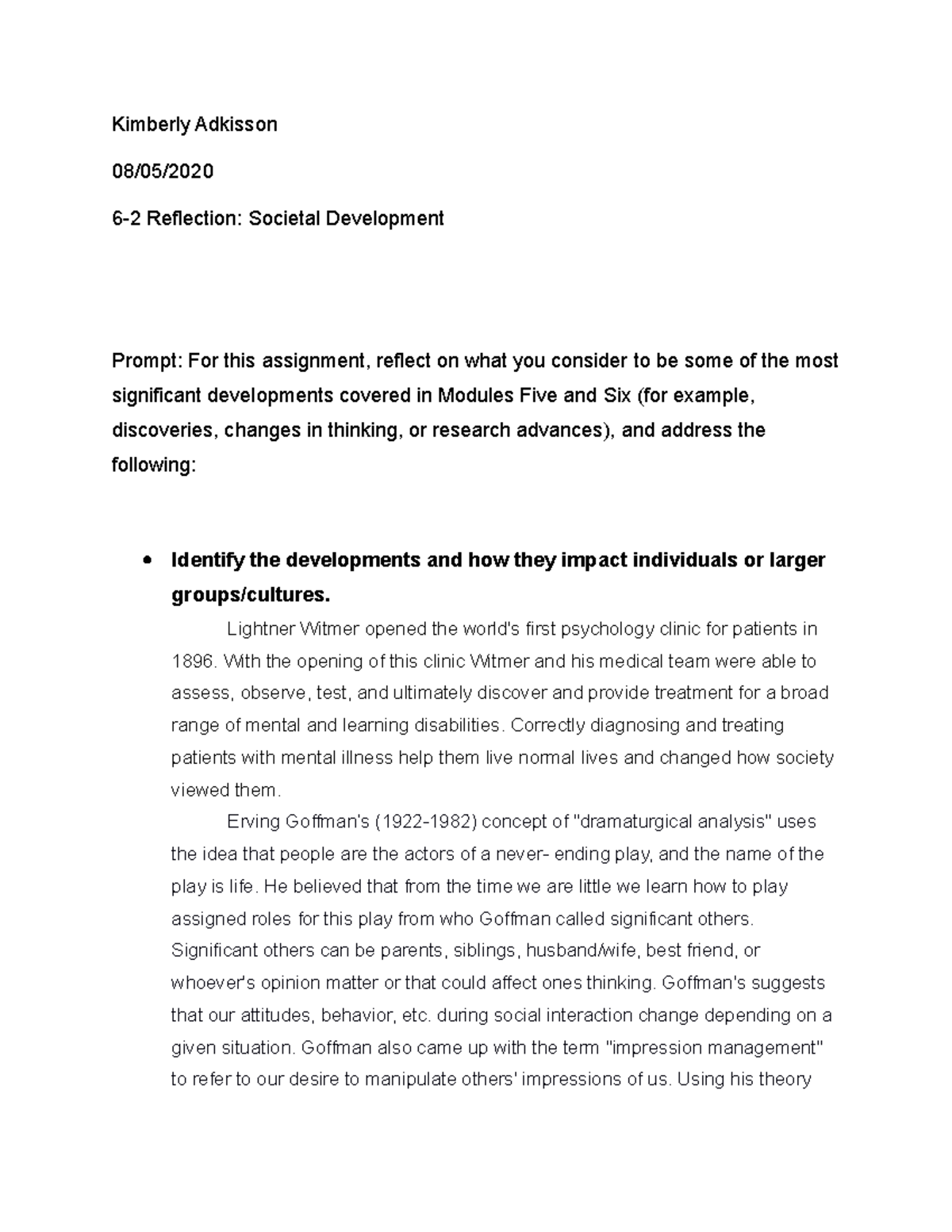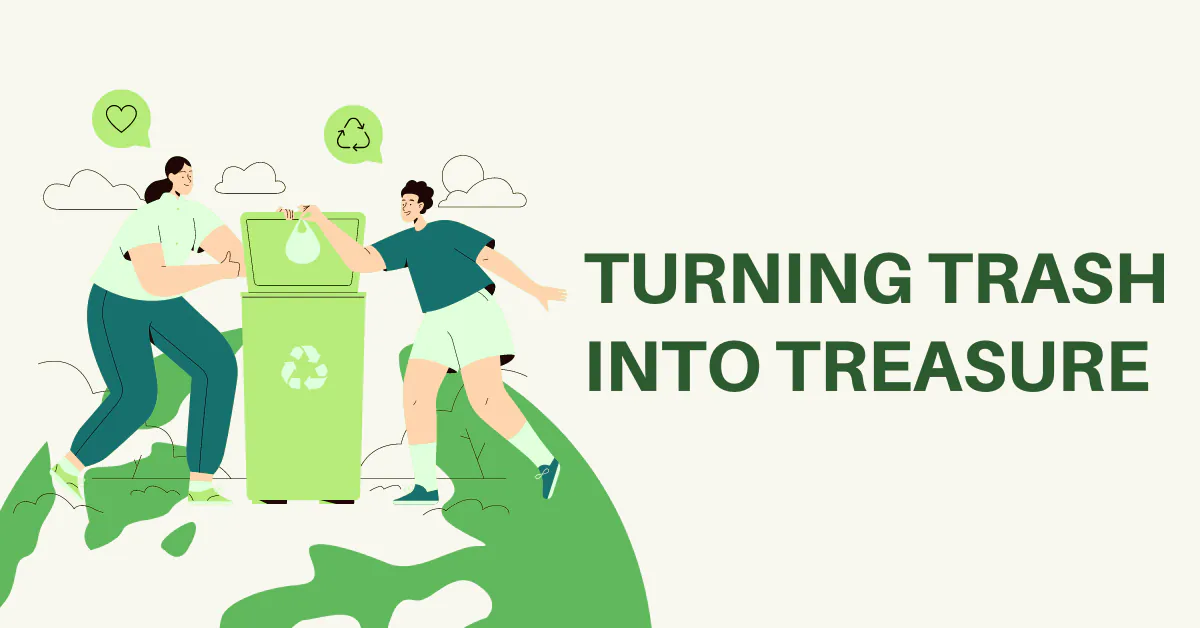The LA Wildfires: A Reflection Of Societal Trends In Disaster Betting

Table of Contents
The Psychology of Disaster Betting: Why People Gamble on Tragedy
Why do people gamble on tragedy? Understanding the psychology behind disaster betting is crucial to addressing this complex issue.
The Thrill of Risk and High Stakes
Disaster betting offers a unique allure for gamblers: the potential for high reward in the face of immense risk.
- Adrenaline Rush: The unpredictable nature of disasters creates an intense adrenaline rush for those who bet on them.
- Significant Financial Gain: The potential for substantial financial gain, especially when betting on less likely, high-impact events, is a significant draw.
- Excitement of Unpredictable Outcomes: The sheer unpredictability inherent in natural disasters amplifies the excitement and tension for gamblers.
This thrill often overshadows the devastating consequences for those directly impacted by the disaster. Furthermore, the inherent uncertainty taps into a deep-seated psychological need for control in situations beyond our grasp.
The Desensitization Effect of Media Coverage
The relentless media coverage of disasters, amplified by 24/7 news cycles and social media, plays a significant role in normalizing these events.
- Impact of 24/7 News Cycles: Constant exposure desensitizes viewers, potentially diminishing empathy for victims.
- Role of Social Media in Amplifying the Spectacle: Social media platforms often transform disasters into spectacles, further contributing to a detached viewing experience.
- Potential for Creating a Detached Viewing Experience: This detached viewing can inadvertently normalize the suffering, making it easier for some to bet on it as a detached, numerical event.
The Gambler's Fallacy and Misunderstanding of Risk
Cognitive biases, particularly the gambler's fallacy, lead individuals to misjudge probabilities and underestimate the severity of disasters.
- Examples of the Gambler's Fallacy in Disaster Betting: Believing that a low-probability event is "due" to occur or that past occurrences influence future likelihood.
- The Illusion of Control: Gamblers might feel they have more control over predicting outcomes than is actually the case.
- Overconfidence in Predicting Outcomes: This overconfidence can lead to higher stakes and increased risk-taking.
The Role of Social Media in Disaster Betting
Social media significantly influences the landscape of disaster betting, accelerating information spread and fostering communities around this practice.
Spread of Information and Rumors
Social media platforms enable the rapid dissemination of information, both accurate and inaccurate, about unfolding disasters.
- Speed of Information Dissemination: Real-time updates can influence betting patterns, sometimes based on unverified information.
- Impact of Unverified Reports: Rumours and speculation can significantly distort the actual risk assessment, leading to erratic betting behaviors.
- Potential for Manipulation of Betting Markets Through False Information: Deliberate spread of misinformation can manipulate markets and unfairly profit from others' losses.
Community Building and Group Betting
Social media facilitates the formation of online communities centered around disaster betting, encouraging collective participation and amplifying risky behavior.
- Online Forums: Dedicated forums and groups discuss betting strategies and share information, creating a sense of community around the activity.
- Chat Groups Dedicated to Disaster Betting: These groups can reinforce risky behavior through social pressure and shared experiences.
- Influence of Social Pressure: The pressure to conform to group norms can lead individuals to engage in more extreme betting practices than they would alone.
Accessibility of Betting Platforms
The ubiquitous nature of online betting platforms, accessible via mobile apps, makes disaster betting easier than ever.
- The Role of Mobile Apps: Convenient access through smartphones increases participation and reduces barriers to entry.
- The Lack of Stringent Regulation in Some Areas: A lack of sufficient regulation in some jurisdictions further facilitates this risky activity.
Legal and Ethical Considerations of Disaster Betting
The legal and ethical implications of disaster betting are profound and require urgent attention.
Current Regulations and Their Effectiveness
Existing gambling regulations are often inadequate to address the unique challenges posed by disaster betting.
- The Limitations of Current Laws: Many current laws don't specifically address betting on catastrophic events.
- Loopholes That Need Addressing: Gaps in regulation allow for exploitation and encourage unregulated betting practices.
- The Need for Increased Oversight: Greater regulatory oversight is crucial to effectively monitor and control this emerging form of gambling.
Ethical Concerns and Societal Impact
Profiting from human suffering raises serious ethical concerns and potentially exacerbates societal inequalities.
- The Exploitation of Vulnerable Individuals: Those already affected by disaster might be disproportionately targeted by predatory betting advertisements or scams.
- Potential for Social Unrest: The perception of others profiting from tragedy could lead to social unrest and distrust.
- The Desensitization of Society to Tragedy: The normalization of disaster betting further diminishes empathy and societal response to genuine suffering.
Calls for stricter regulations and potential solutions
Addressing this growing trend requires a multi-pronged approach involving stricter regulations and increased public awareness.
- Increased Monitoring of Online Platforms: Proactive monitoring and enforcement are needed to identify and shut down illegal betting operations.
- Tighter Regulations on Advertising: Restrictions on advertising disaster betting, similar to those on other harmful gambling activities, are crucial.
- Public Awareness Campaigns: Educating the public about the risks and ethical implications of disaster betting is vital to curbing its growth.
Conclusion: Understanding the Risks and Responding to the Trend in Disaster Betting
The LA wildfires serve as a stark reminder of the growing societal trend of disaster betting. This article has explored the psychological factors driving this behavior, the role of social media in amplifying it, and the pressing legal and ethical considerations involved. The normalization of tragedy, coupled with the accessibility of online betting platforms, creates a dangerous environment. The exploitation of human suffering for profit cannot be tolerated. We must advocate for stricter regulations, responsible media coverage, and increased public awareness to mitigate the risks associated with disaster betting. Let's work together to ensure that future disasters are not further compounded by the morally reprehensible practice of profiting from suffering.

Featured Posts
-
 The Bold And The Beautiful Liam Steffy And Hope What To Expect In The Next Two Weeks
Apr 24, 2025
The Bold And The Beautiful Liam Steffy And Hope What To Expect In The Next Two Weeks
Apr 24, 2025 -
 Elite Colleges Under Trump Administration Pressure Increase Funding Efforts
Apr 24, 2025
Elite Colleges Under Trump Administration Pressure Increase Funding Efforts
Apr 24, 2025 -
 Access To Birth Control The Impact Of Over The Counter Options In A Post Roe World
Apr 24, 2025
Access To Birth Control The Impact Of Over The Counter Options In A Post Roe World
Apr 24, 2025 -
 Sophie Nyweide Child Actor In Mammoth And Noah Dies At 24
Apr 24, 2025
Sophie Nyweide Child Actor In Mammoth And Noah Dies At 24
Apr 24, 2025 -
 Turning Trash To Treasure An Ai Powered Poop Podcast From Mundane Documents
Apr 24, 2025
Turning Trash To Treasure An Ai Powered Poop Podcast From Mundane Documents
Apr 24, 2025
